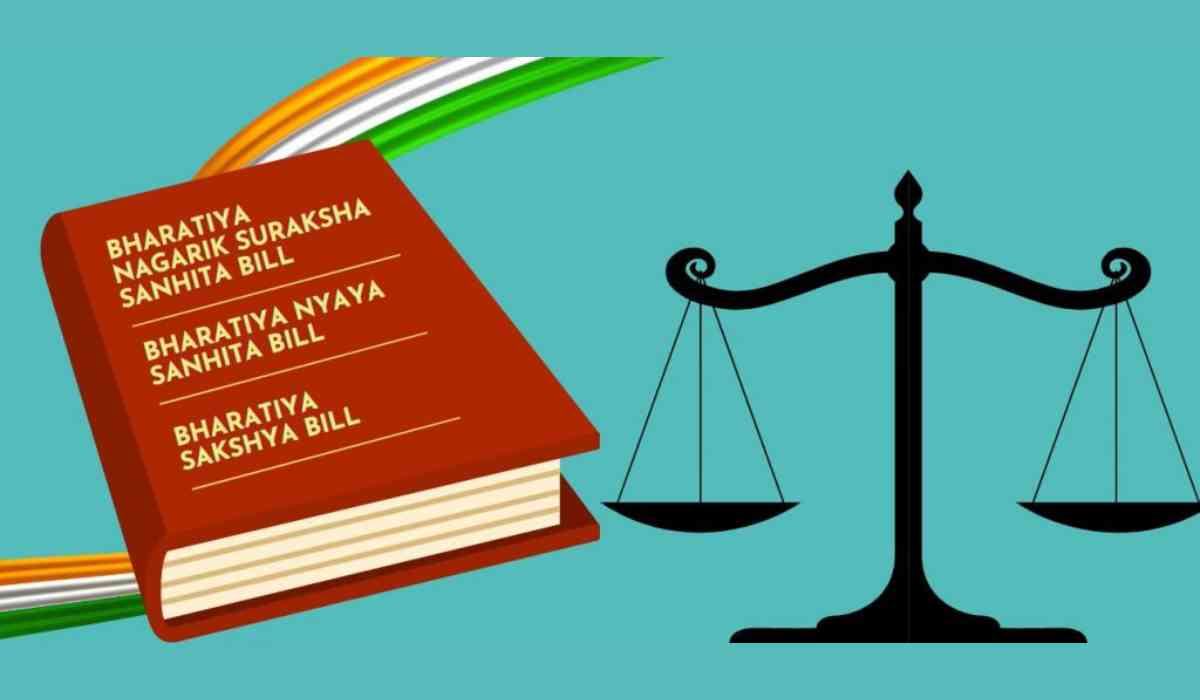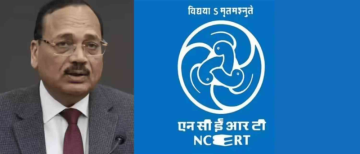From July 1, Monday, the entire country will witness a significant shift in its criminal justice system with the implementation of three new criminal laws: Bharatiya Nyaya Sanhita, Bharatiya Nagarik Suraksha Sanhita, and Bharatiya Sakshya Adhiniyam.
These laws are set to replace the outdated colonial-era Indian Penal Code, Code of Criminal Procedure, and Indian Evidence Act respectively.
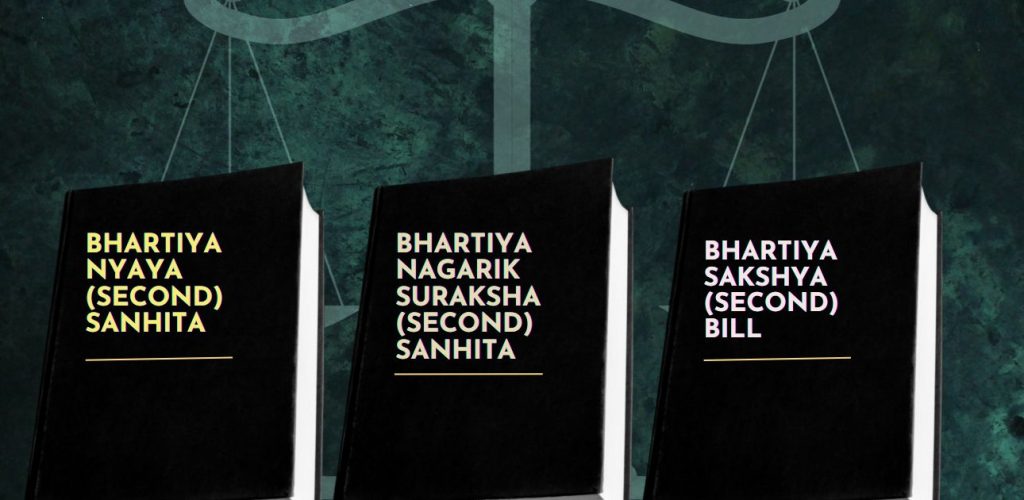
Modernizing the Justice System
The newly introduced laws aim to bring about a modern justice system, incorporating advanced provisions such as Zero FIR, online registration of police complaints, electronic summons through SMS, and mandatory videography of crime scenes for all heinous crimes.
In January this year, Prime Minister Narendra Modi highlighted the enactment of these laws as a pivotal change in the criminal justice system. He stressed that these new laws are framed with the principles of 'citizen first, honor first, and justice first.' He also emphasized that the police should now rely on 'data' rather than 'danda' (baton).
Following the notification of the new laws on December 25, 2023, the Ministry of Home Affairs launched various initiatives to ensure effective implementation and to raise awareness among all stakeholders, including police, prisons, prosecutors, judicial and forensic personnel, as well as the general public.
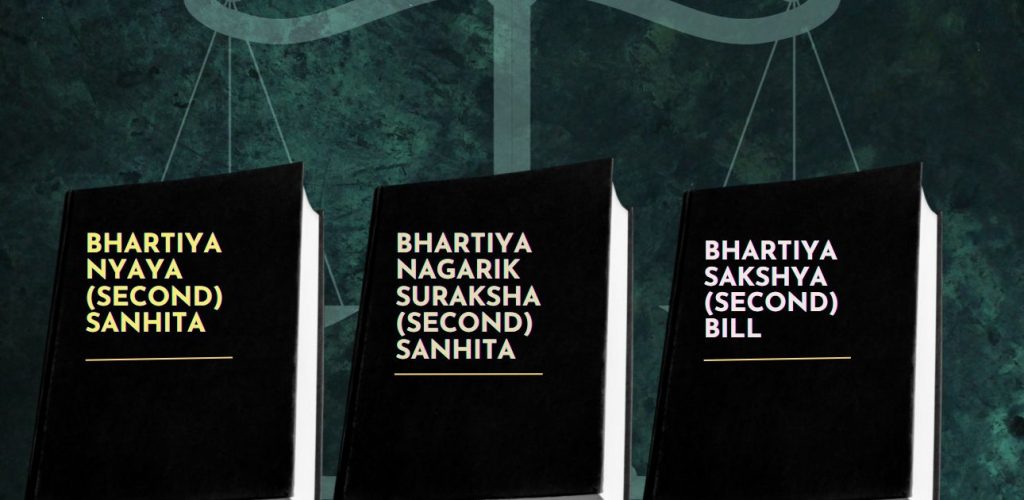
Technological Upgradation
-National Crime Records Bureau (NCRB)
-
CCTNS Modifications: Twenty-three functional modifications were made to the existing Crime and Criminal Tracking Network and Systems (CCTNS) application to ensure compatibility with the new criminal laws, including the filing of FIRs.
-
Technical Support: Continuous technical support is provided to States and Union Territories to ensure a seamless transition to the new system.
-
Support Teams: Dedicated support teams and call centres have been established for continuous review and assistance to States/UTs in implementing the new laws.
-
CCTNS 2.0: C-DAC (Centre for Development of Advanced Computing) is developing the CCTNS 2.0 application, featuring secure cloud storage and provisions for crime scene videography and forensic evidence collection.
-
NCRB Compendium App: Launched on March 14, 2024, this mobile app is available on various platforms, including NCRB, Ministry of Home Affairs, Bureau of Police Research and Development (BPR&D), and Sardar Vallabhbhai Patel National Police Academy (SVPNPA) websites, as well as Google Play Store and iOS. It currently has about 1.2 lakh users.
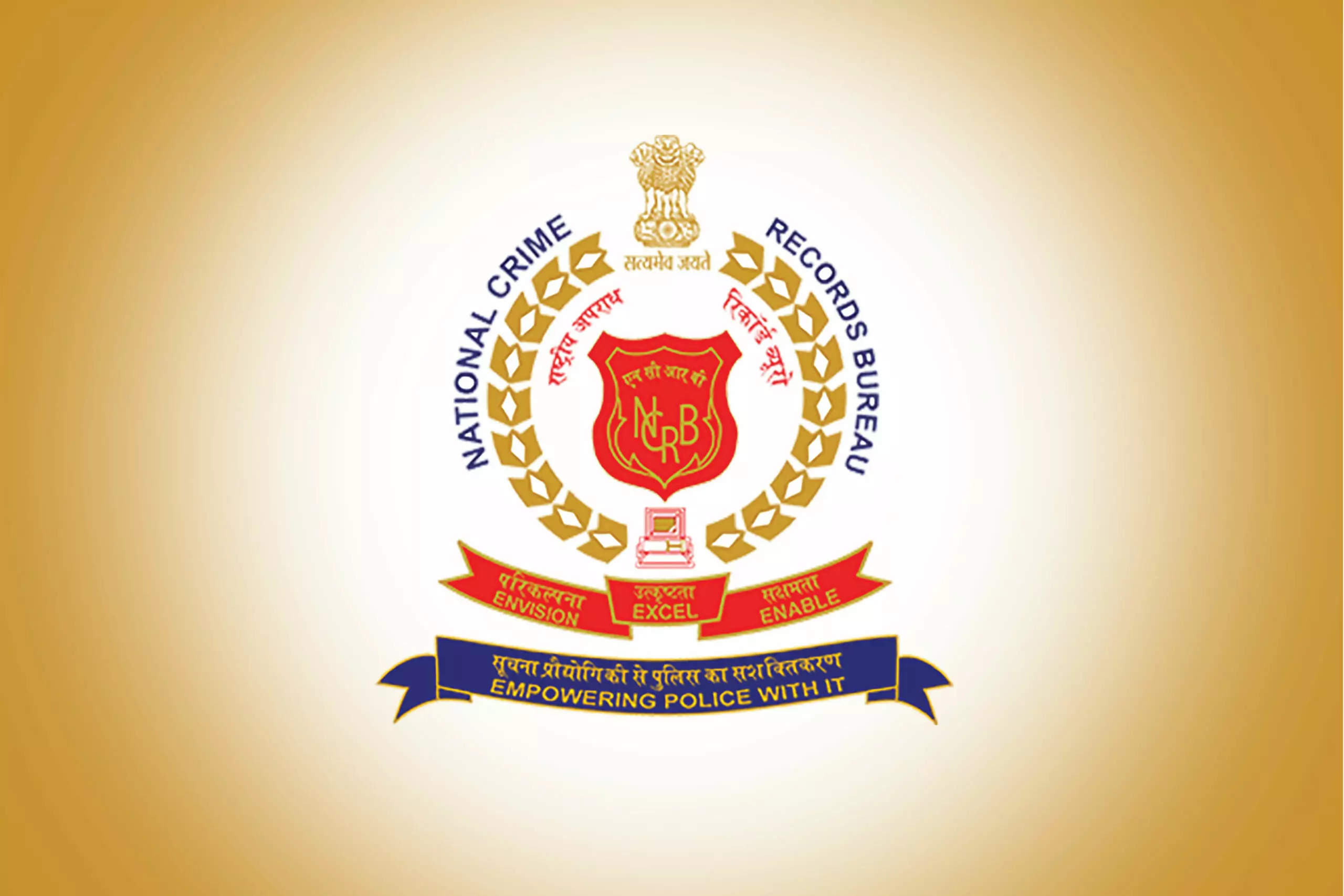
-National Informatics Centre (NIC)
-
e-Sakshaya, Nyayashruti, and e-Summon Apps: These apps were developed to facilitate crime scene videography and photography, judicial hearings, and electronic service of court summons under the new laws.
-
e-Sakshaya App: Facilitates crime scene videography, photography, and document onboarding, tested by all States/UTs.
-
Nyayashruti App: Supports judicial hearings and document onboarding through electronic mode, shared with all States/UTs and the Supreme Court's e-Committee for court implementation.
-
e-Summon App: Facilitates electronic service of court summons.
-
Application Updates: Necessary changes have been made to CCTNS, e-Prison, e-Prosecution, and e-Forensic Apps as per the new laws.
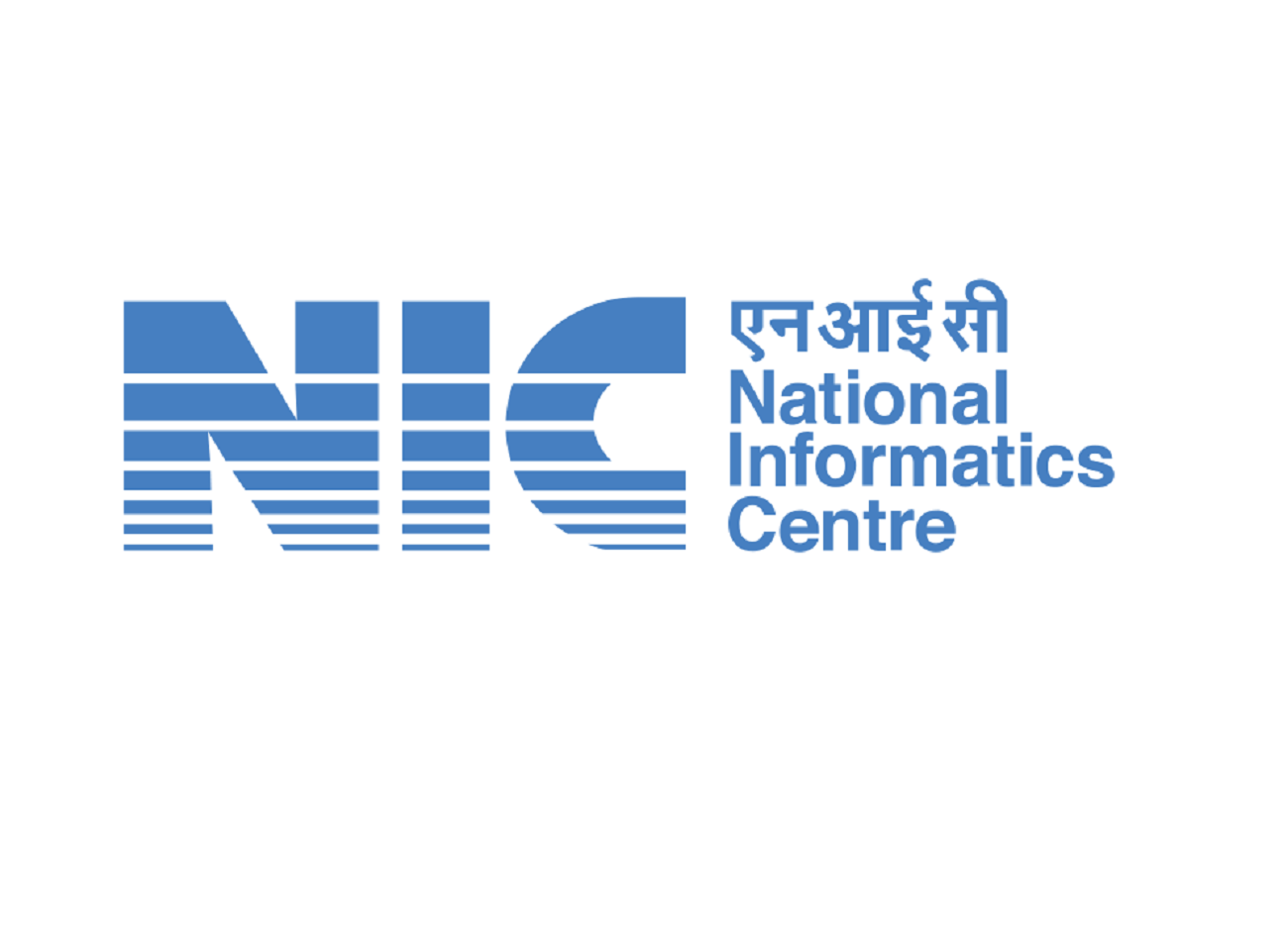
Capacity Building
-Bureau of Police Research and Development (BPR&D)
-
Training Modules: Thirteen training modules were developed for stakeholders, including police, prisons, prosecutors, judicial officers, forensic experts, and central police organizations.
-
Training of Trainers Model: This model was adopted to train master trainers of all States/UTs through the Central Academy of Police Training (CAPT) in Bhopal and Central Intelligence Training Institutes (CDTI) in Kolkata, Hyderabad, Chandigarh, Jaipur, Ghaziabad, and Bengaluru.
-
Training Sessions: Over 250 training courses, webinars, and seminars have been organized, training 40,317 officers/personnel.
-
State/UT Initiatives: States/UTs have conducted capacity building for 5,84,174 officers, including police, prison, forensic, judicial, and prosecution personnel, in collaboration with BPR&D.
-
Control Rooms: Control rooms with law and police officers have been set up to address queries and issues raised by field personnel during the implementation of the new laws.
-
Higher Education Department: The University Grants Commission (UGC) distributed informational flyers to 1,200 universities and 40,000 colleges. The All India Council for Technical Education (AICTE) contacted around 9,000 institutions to inform teachers and students about the three laws. Feedback has been received from 114 higher education institutions.
-
Department of Legal Affairs: Five conferences were planned for all states, with four already held in state capitals, attended by the Chief Justice of India, judges of the Supreme Court and High Courts, police personnel, and subject experts.
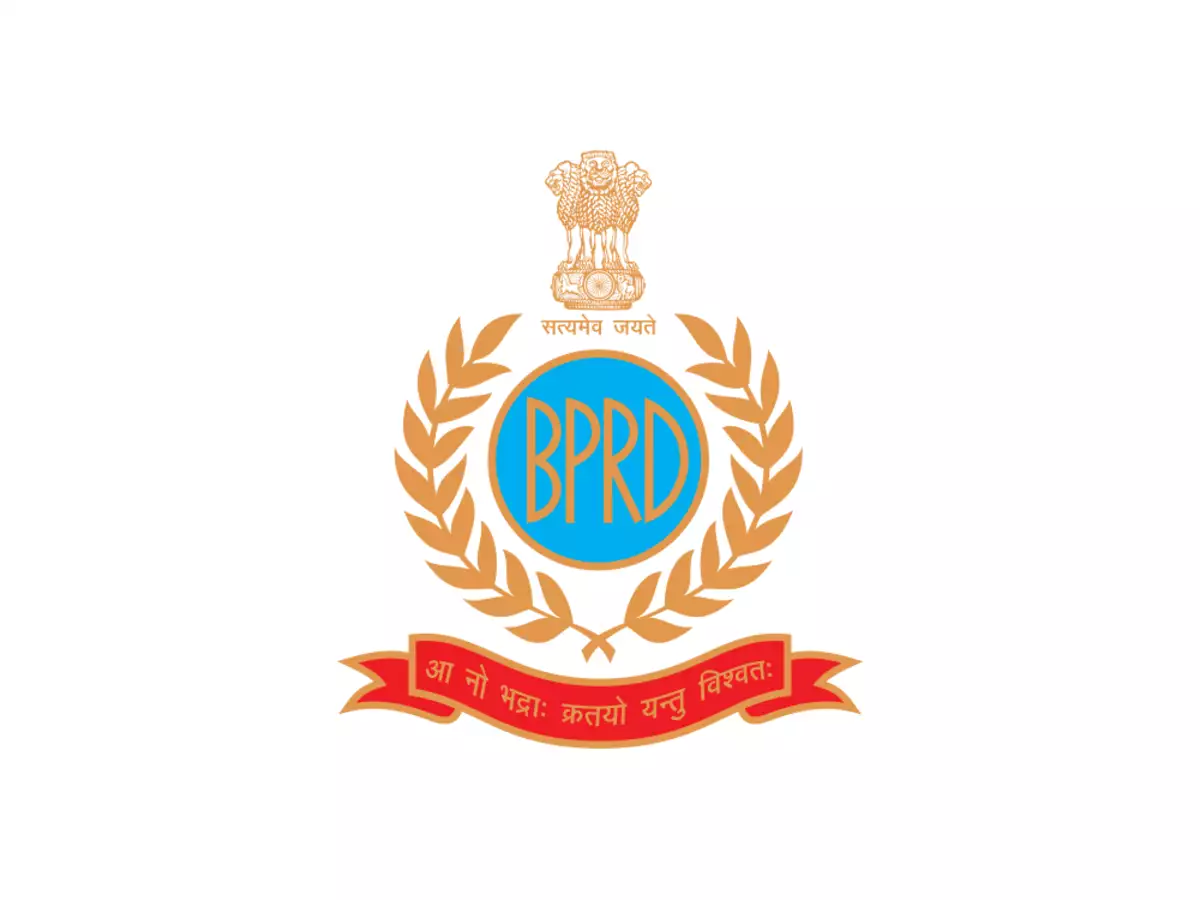
-iGOT-Karmayogi Bharat
-
Course Availability: Three courses (Introduction to BNS, BNSS, and BSA) were made available as a curated program on iGot from February 21, 2024. iGOT is a comprehensive government platform for guiding civil service officials in their capacity-building journey.
-
Course Participation:
-
Officers enrolled in all three courses: 2,17,985
-
Officers who have completed at least one course: 1,87,046
-
Officers who have completed all three courses: 1,53,037
-
-
Proficiency Program: These courses are included in the proficiency program for IAS trainees under Phase 1 on iGOT.
-
Additional Courses: On May 17, 2024, BPR&D uploaded three new courses (Overview of BNS, BNSS, and BSA) on iGot for field practitioners.
-
Encouragement to Officers: On June 6, the Union Home Secretary wrote to Chief Secretaries of all States/UTs to encourage all officers of police, prisons, judiciary, forensic, and public prosecutors to take courses on the new criminal laws.
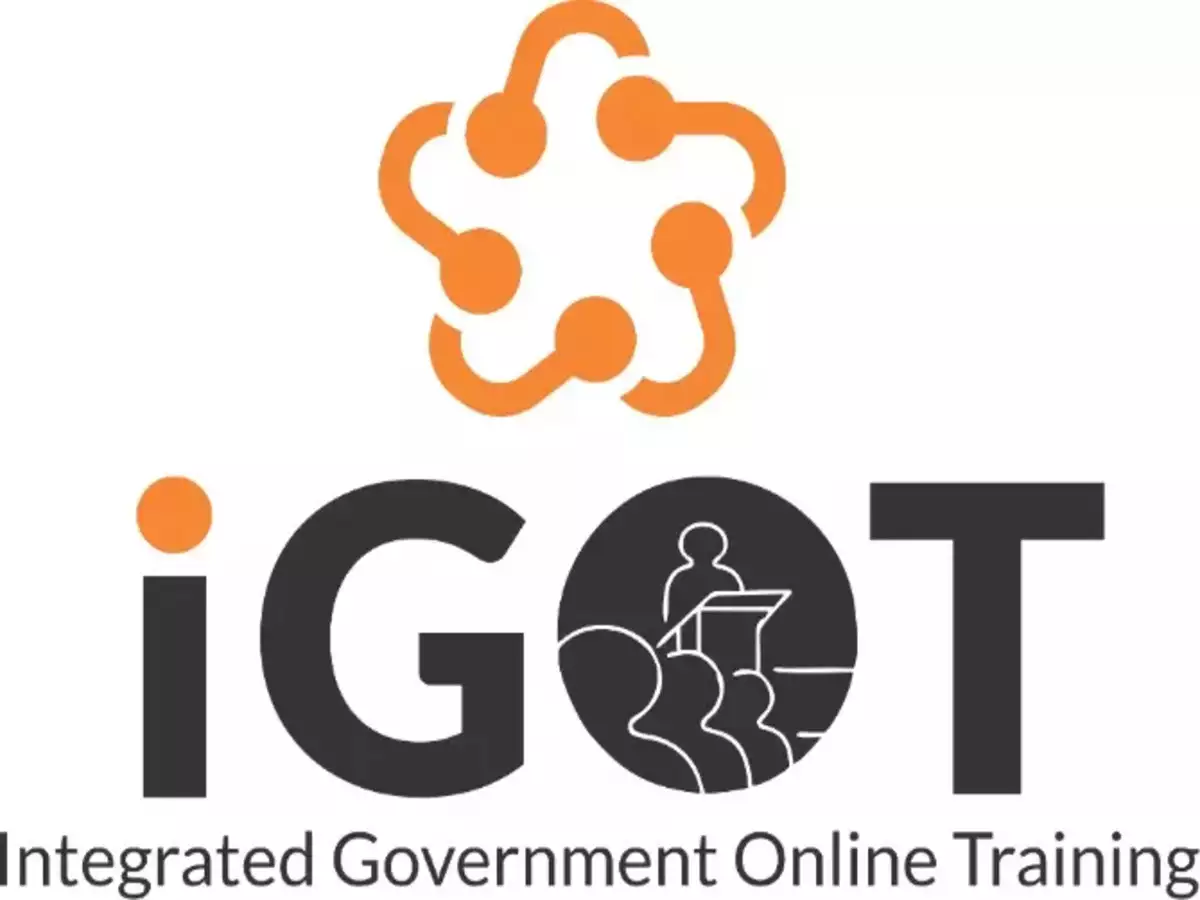
Publicity and Awareness Campaign
-Press Information Bureau
-
Social Media Publicity: Extensive publicity of the new laws on social media platforms through advisories, press releases, infographics, and related content.
-
Dialogue Workshops: Workshops organized in 20 state capitals for regional media persons to discuss the benefits of the new laws. These dialogues have gained significant traction and full participation from regional media. Similar dialogues are planned for the remaining 12 state capitals.
-All India Radio/Doordarshan
-
Coverage: Events and activities on the new laws were covered through news bulletins, programs, discussions, and social media platforms.
-
Discussion Programs: Special in-depth discussion programs with subject experts, political representatives, and journalists are regularly organized.
-
Explanatory Videos: Videos explaining the new criminal laws were posted between programs.
-MyGov
-
Informative Flyers: Flyers were uploaded on the Transforming India website and disseminated through MyGov social media handles.
-
e-Sampark Dissemination: For public awareness, emails were sent to a contact database of over 7 crore people on February 19.
-
Quiz: A quiz was conducted on the MyGov platform on March 14, 2024, to spread awareness. As of March 27, 15,830 users participated, and the top 20 winners were announced on April 9.
-
Essay Competition: An essay writing competition is proposed, with the best entries being awarded and posted on the social media handles of the Ministry and MyGov.
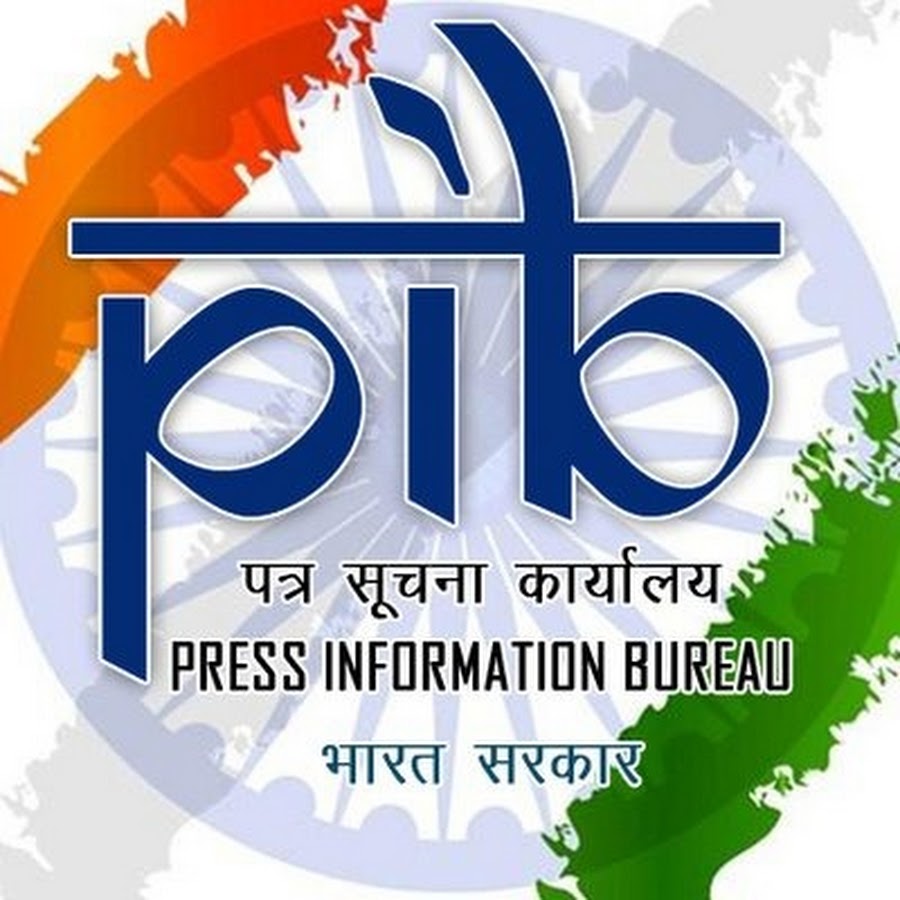
Inclusion in Curriculum/Training Programs
-
Bar Council of India: It is now mandatory to include the three new criminal laws in the curriculum of universities and legal education centres from the academic year 2024-25 (starting May 20, 2024).
-
School Education Department: NCERT plans to introduce the new laws at different stages of school education—Classes 6-7 by October 2024 and Classes 9-10 by January 2025.
Review Meetings
-
Home Secretary Meetings: Nine review meetings were held with the Ministry of Information and Broadcasting, Ministry of Women and Child Development, Department of Higher Education, Department of School Education and Literacy, Department of Legal Affairs, iGoT-Karmayogi India, MyGov, BPR&D, NCRB, and NIC for publicity campaigns, training, and capacity building.
-
State/UT Preparations: Five review meetings were held with Chief Secretaries and Directors General of Police of States/UTs to prepare a time-bound roadmap for successful implementation of the laws. States and UTs are now fully prepared in terms of technology, capacity building, and awareness generation to implement the new criminal laws from July 1.
_1719773225.jpg)
Proposed Events for July 1
-
Higher Education Institutions: UGC, AICTE, and CFIs, along with all Higher Education Institutions in States/UTs, will organize a day of activities on July 1. These activities will include group discussions, workshops, seminars, Q&A sessions, and quizzes on various provisions of the new criminal laws, highlighting the major transformation aimed at achieving justice, with wide participation from students, faculty, and other staff.
-
Police Station Events: An event will be organized by the Officer-in-Charge of each police station in all States/UTs to highlight the salient features of the new criminal laws. The program will involve women, youth, students, senior citizens, retired police officers, members of self-help groups, Anganwadi Centres, local peace committees, and educational institutions like schools and colleges.
With inputs from agencies
Image Source: Multiple agencies
© Copyright 2024. All Rights Reserved Powered by Vygr Media.

